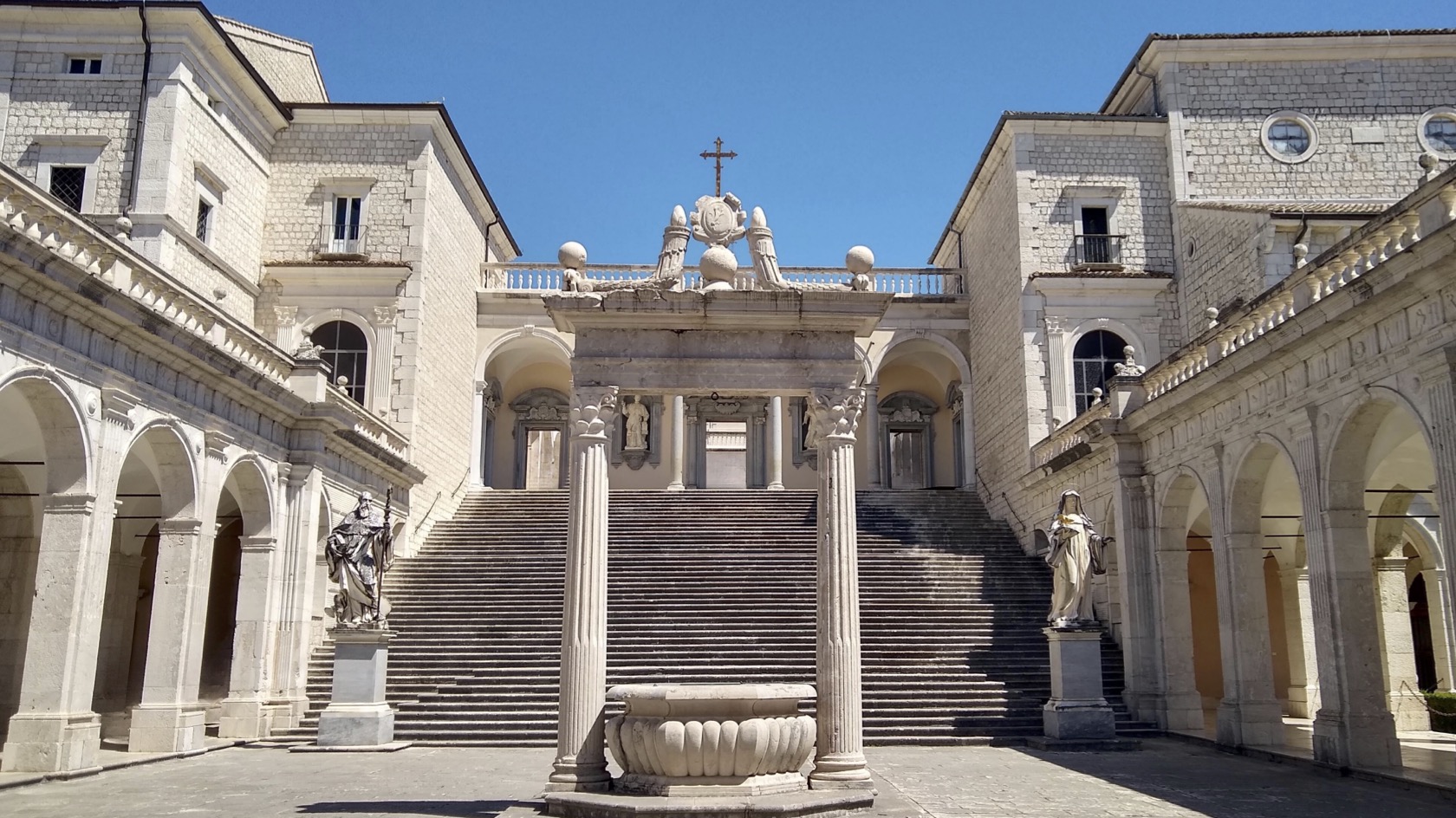
A Contemplative Life
I have often heard contemplation simply described as gratitude. Perhaps this is because as we cultivate contemplative lives, we begin to see more clearly. When we see clearly, we begin to understand God’s rich interaction with us rightly. There is a simple truth to this definition because it is in contemplative prayer that we experience an integration of our souls. When our lives are fully integrated, we see clearly the goodness of God at work within. For many of us however, our souls are plagued by a great deal of dissonance. This is the human experience: things are not as they should be. It’s from a posture of contemplation that we allow the Spirit of God to meet our dissonance. In that place, God begins to integrate the two. Another word for this is “harmonization.” It is in this harmonization of the dissonance of life and the consonance of God’s presence and the hope He brings that we experience inner stillness. Stillness is inner harmony – the dissonance of my soul meets the consonance of God’s Spirit.
Love In Harmony
Often people desperately try to eliminate the dissonance within by any other means…alcohol, sex, disassociation, etc. – this is the framework from which we see addiction and depression. The inability to eliminate the internal dissonance leads to the decaying of our souls. Jesus shows us that the only way to life is through integration. The cross was the ultimate integration. It was the dissonance of death was met by the divine hope-filled presence of God and was integrated totally and completely. Death unto life. This is the practice of contemplation: dissonance meets consonance leading to a beautiful harmonization. This harmony is where beauty, life, and light are found. It is the place from which we come to know our home is love. Our being is saturated and united in love. Love is our foundation. Love changes everything – and as we journey along the ancient contemplative paths we grow in our awareness of this reality – we are grounded in love.
Prophetic Harmony
To me, this is the thrust of the prophet. The prophet’s role is to see the dissonance, hold it, feel it, but not try to eliminate it. Instead, the prophet holds space for the consonance of God to come and transform the dissonance of life. Jeremiah, Habakkuk, Elijah and others saw the brokenness of life around them, the disobedience, the violence, the degradation of God’s people. They mourned it, they argued with God about it, but ultimately, they sat in it. As these prophets see and call out the dissonance of life they invite the reality of God’s hopeful, life-giving presence into the situation. It is there that we see the harmony of life take place.
So You Want A Movement…
The prophet points the way toward life with God. It is in the cultivation and practice of stillness, dissonance met by consonance, that movement takes place. To be sure, it is both me and God working together. Ultimately, it’s God that moves people and things. A prophet’s wrestling with this practice internally for themselves provides the space and framework to do it for others on a larger scale. That’s because love is the great momentum shifter. All Kingdom change occurs only when love is present. This is the reality of warfare and the prophet’s role: to see, mourn, and invite the hope of God (expectation of good) into the situation. This hope is always rooted in the very character of God which is LOVE. Love always, and only, does good for others.
Hope, Harmony, and Integration
The prophet holds space for dissonance and invites others to stay in it while they are learning to experience the hopeful presence of a loving God who brings harmony to the reality of life. When this happens, it invites the integration of both the dissonance and consonance of life – which is transformative and leads to the movement we so desperately seek. To see movements, we must be still.
